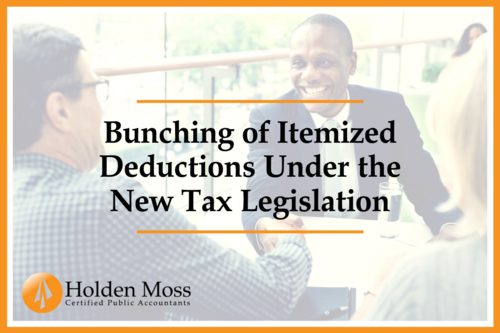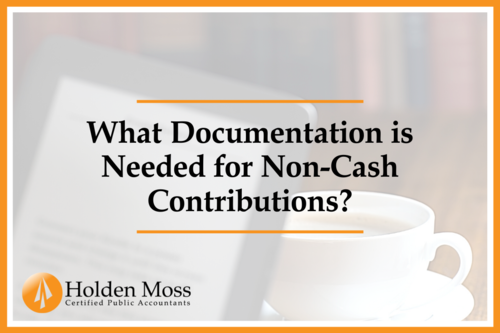IRS Super Teams and Risk-Based Data Analytics
Why Would the IRS Audit High-Income or High-Wealth Tax Returns?
It’s no secret—the IRS targets high-income or high-wealth taxpayers because that’s where the most tax revenue can be recovered. For every dollar the IRS spends on enforcement, they collect four to five dollars in taxes. However, budget cuts in Congress have hindered enforcement efforts, contributing to the tax compliance gap.
The U.S. compliance rate hovers around 83% to 84%, which is respectable, but still leaves room for improvement, especially compared to other global leaders. One of the problems has been an overemphasis on lower-income taxpayers rather than focusing on where the bigger discrepancies lie—among high earners.
Why Focus on the Wealthy Now?
There are a few reasons for this shift.
First, the new IRS Commissioner, Charles Rettig, brings a strong background in tax controversy and is determined to level the playing field. His goal is to crack down on non-compliance across the board.
Second, the Treasury Inspector General for Tax Administration (TIGTA), which oversees the IRS, has been pushing for more high-income audits in reports spanning from 2015 to 2020. This pressure is now yielding results, with the IRS responding by reallocating resources and developing more strategic audit plans.
What's the Nature of the Problem?
According to a 2020 TIGTA report, the average annual tax gap is a staggering $441 billion, with $39 billion of that attributed to non-filers, particularly high-income non-filers. These taxpayers make up a significant portion of the problem, driving much of the tax gap.
How Is the IRS Responding?
The IRS has adopted a strategic approach. Here are some of their key initiatives:
- Door-to-Door Enforcement: Teams have been sent to knock on doors of high-income non-filers. With COVID-19 keeping many people home, this approach has been especially effective.
- Soft Notices: The IRS is sending notices that suggest discrepancies on tax returns, asking taxpayers to clarify specific transactions. While not a formal audit, ignoring these notices could lead to one.
- Super Teams: The IRS has created specialized "super teams" to focus on high-risk, high-reward audits. These teams combine expertise across divisions, using data analytics to target high-probability issues. This is a far cry from the random audit system of the past, where 27% to 40% of audits resulted in no changes.
The Role of Data and Coordination
The IRS has taken a page from military strategy, assembling teams that work collaboratively to identify and address compliance issues. Just like General Stanley McChrystal’s ‘Team of Teams’ approach during the war on terror, the IRS is breaking down silos between divisions to fight tax evasion more efficiently.
A new Office of Fraud Enforcement has been established to coordinate these efforts, focusing on intricate financial details like partnerships, trusts, and other complex entities that wealthy individuals often use.
What's Next for High-Wealth Audits?
Audits are now more targeted and risk-assessed before agents even head into the field. The IRS is using data analytics to home in on high-risk areas, reducing the chances of wasted effort on audits that result in no changes. This more efficient use of resources is bound to yield better results in the coming years.
Final Thoughts
The IRS is evolving into a more sophisticated, strategic agency with a clear focus on high-wealth and high-income taxpayers. With better data analytics, targeted audits, and collaborative teams, the chances of being audited are no longer left to random selection.
If their budget were to increase, the results could be even more impactful.
What You Can Do
- Report all your income—no exceptions.
- File your returns on time, even if you use extensions.
- Disclose any uncertain items on your tax return to preempt potential questions.
Stay compliant, and stay ahead.
Special Thanks
We extend a special thanks to the attorneys at Hochman Salkin Toscher Perez for their insights in continuing education, and we celebrate IRS Commissioner Charles Rettig, formerly a partner at this firm, for his leadership and commitment to fairness in tax enforcement.











